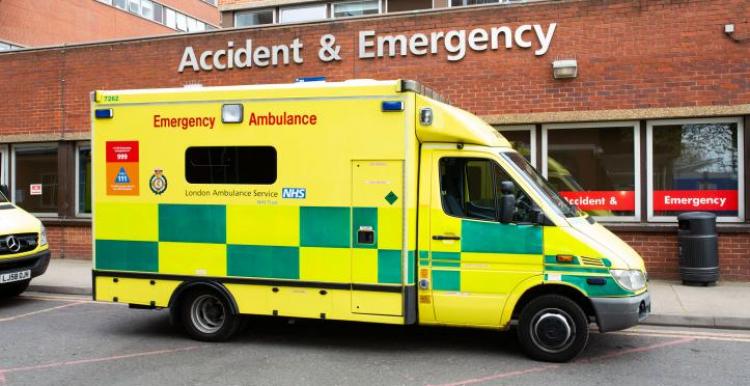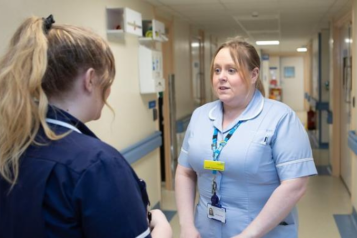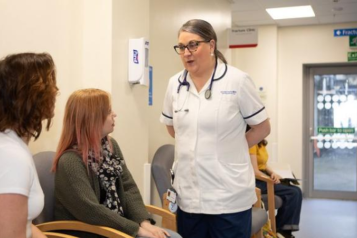Call NHS 111 before turning up to your local A&E

Sir Simon Stevens said research suggested that in the vast majority of cases, this process could ensure patients with minor conditions were diverted for treatment elsewhere, relieving pressures on A&E departments. Pilots of the “call first” model will begin in Portsmouth this week, and in every region of the country within months, officials said. Those considering going to A&E will be asked to call 111, and be given a time-slot to attend, or advice on the best place to go for treatment.
The number of patients attending casualty departments fell by around half during the pandemic, and A&E medics have warned that their units can now only cope with about half as many cases as they did previously, if they are to run safely, as crowding risks the spread of Covid.
Sir Simon said a review of the type of cases which did not show up at A&E departments in April found that “by a ratio of about 14 to one, they were for the most part, more minor conditions that could be treated, either on a booked basis or at an urgent treatment centre, or in general practice.”
This move is one of the suggestions that Healthwatch put forward earlier in the year through our work on A&E access standards. The decision to trial this approach in a few areas around the country has been made in the light of COVID-19. You can read more about Healthwatch Central West London’s role in our Annual Report 2020,on page 18.


